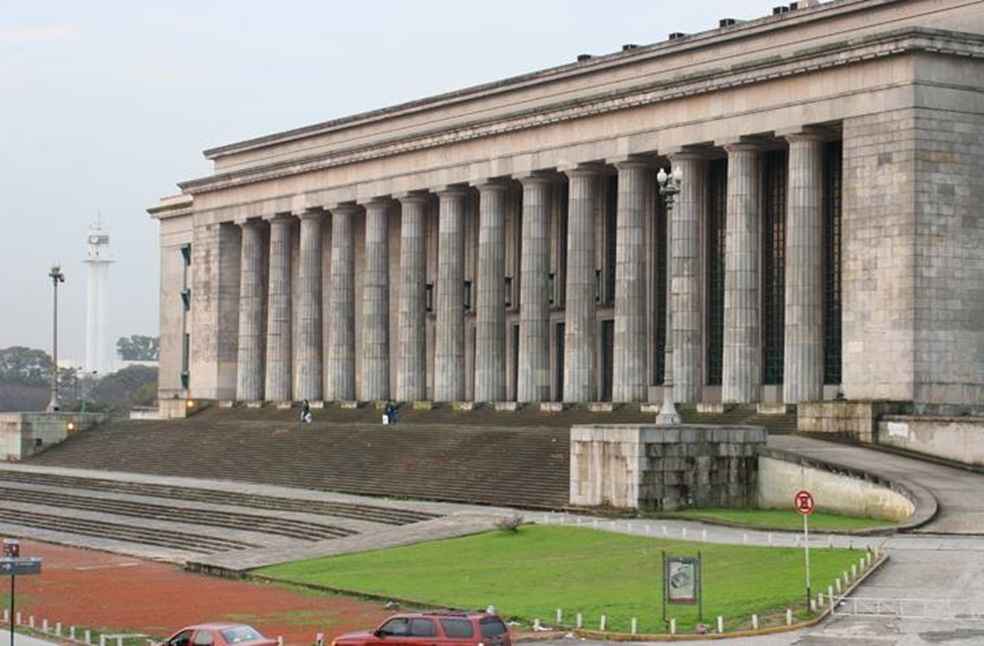Buenos Aires: An anti-government protest across Argentina has brought hundreds of thousands of demonstrations against the education budget cut.
Students, university professors, trade unions, and opposition political parties came together in solidarity to rally against the effects of President Javier Milei’s extreme asceticism and actions on public universities. The march was one of the most extensive in a series of protests that the country witnessed ever since the far-right president came to power in December.
In Buenos Aires and several other cities, an unprecedented number of people gathered to protest against budget cuts that threatened the existence of universities. The University of Buenos Aires (UBA) asserted that over 500,000 individuals participated in the demonstration in the capital alone.

During his campaign, Milei used a chainsaw as an insignia of his urge to slash public spending and reduce the size of the government, despite the severe monetary challenges encountered by the country.
The president implemented drastic measures to improve the economy, including closing down some ministries, slashing subsidies, laying off state employees, and defunding cultural centres. He recently commemorated the country’s first quarterly fiscal surplus since 2008.

“We are making the impossible possible even with the majority of politics, unions, the media and most economic actors against us,” Milei said. The education system in Argentina is widely regarded as one of the best in Latin America. The country’s public universities do not charge any tuition fees, and over 2.2 million students, including many from neighbouring countries, attend these state-run universities.

Notwithstanding, Milei criticised the institutes for being ‘bastions of socialism’ that inculcate pupils with leftist ideology. In line with its austerity approach, the administration newly slashed the allocation of public universities by 71 percent.
Additionally, Argentina is presently grappling with one of the world’s loftiest inflation paces, which stands at nearly 290 percent. Universities cautioned that a potential shutdown may leave hundreds of thousands of pupils mid-degree, which is startling in a country that believes unrestricted and quality university education is a privilege.



